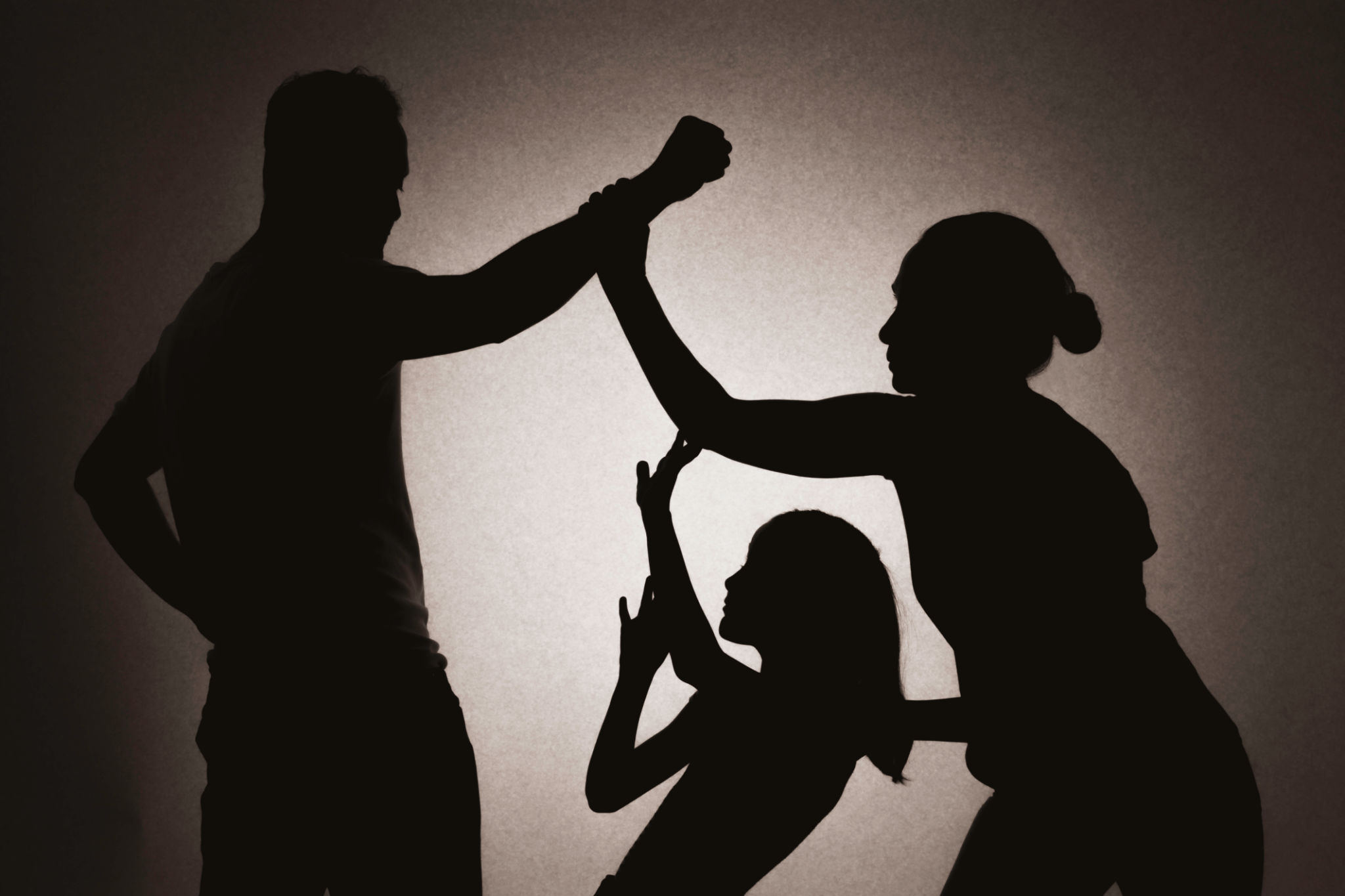Common Misconceptions About Abuse Survivor Coaching and How It Works
Understanding Abuse Survivor Coaching
Abuse survivor coaching is a specialized form of coaching that supports individuals who have experienced various forms of abuse. It aims to empower survivors by providing them with the tools and strategies needed to rebuild their lives. Despite its growing importance, there are several misconceptions surrounding this type of coaching that can hinder potential clients from seeking help.

Misconception: It's Just Like Therapy
One of the most common misconceptions is that abuse survivor coaching is the same as therapy. While both aim to support individuals in healing from past trauma, they are fundamentally different. Therapy often delves deep into understanding and resolving past issues, focusing on diagnosing and treating psychological disorders. In contrast, coaching is forward-focused, helping survivors set goals, develop coping strategies, and build a fulfilling future.
Coaches do not diagnose or treat mental health disorders. Instead, they work alongside therapists when necessary to ensure a comprehensive support system. This collaborative approach maximizes the benefits for the survivor, blending therapeutic insights with actionable coaching strategies.
Misconception: Only Recent Survivors Need Coaching
Another misconception is that abuse survivor coaching is only for those who have recently experienced abuse. In reality, coaching can be beneficial at any stage of healing. Whether an individual is a recent survivor or has been living with the impact of abuse for many years, coaching can provide valuable support in navigating life's challenges.

Long-term survivors often face ongoing struggles related to self-esteem, trust, and relationships. Coaches help them identify these challenges and create personalized plans to overcome them, promoting long-term resilience and confidence.
Misconception: Coaching Is Only for Women
While it's true that a significant number of clients seeking abuse survivor coaching are women, it's a misconception that coaching is exclusively for them. Men, too, experience abuse and can greatly benefit from coaching services. The stigma surrounding male abuse victims often discourages them from seeking help, but coaches provide a safe and non-judgmental space for all survivors to heal and grow.
The focus is always on the individual's unique experiences and needs, ensuring that everyone receives personalized support tailored to their journey.

How Abuse Survivor Coaching Works
Abuse survivor coaching typically begins with an assessment of the individual's current situation and goals. The coach and client work together to create a customized action plan that addresses specific challenges and aspirations. This plan may include strategies for managing triggers, building self-esteem, improving relationships, and achieving personal or professional goals.
Sessions are usually held weekly or bi-weekly, providing consistent support and accountability. The coach acts as a guide and motivator, helping clients stay focused on their progress while celebrating their achievements along the way.
The Benefits of Seeking Coaching
The benefits of abuse survivor coaching are numerous. Survivors often report increased confidence, improved relationships, and a renewed sense of purpose. By focusing on strengths rather than weaknesses, coaching empowers individuals to reclaim control over their lives and move forward positively.
Ultimately, abuse survivor coaching offers a path to healing that complements traditional therapeutic approaches. By debunking these common misconceptions, more survivors may feel encouraged to seek the support they deserve on their journey toward recovery and empowerment.